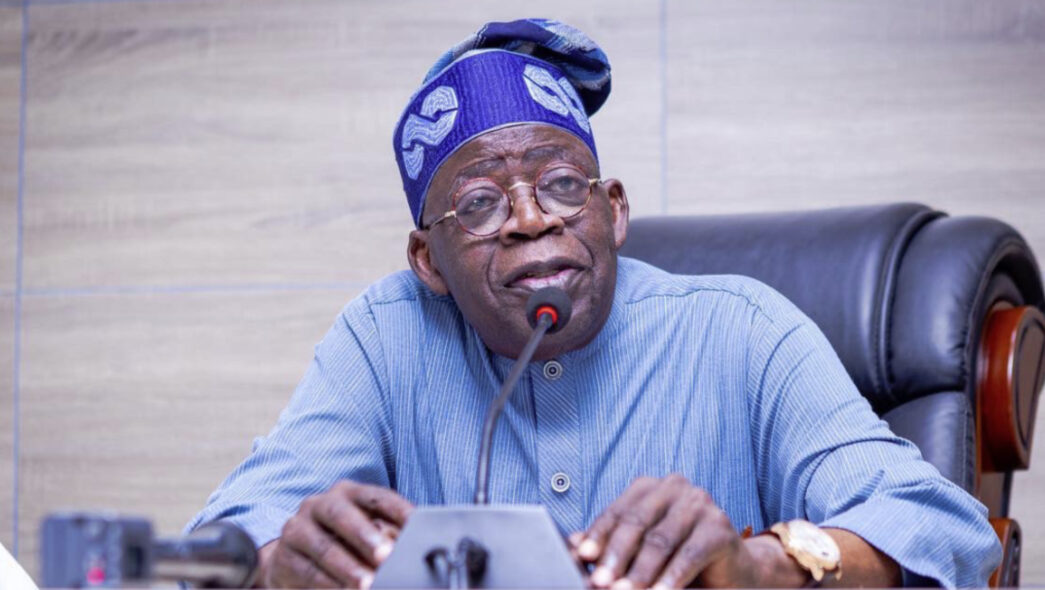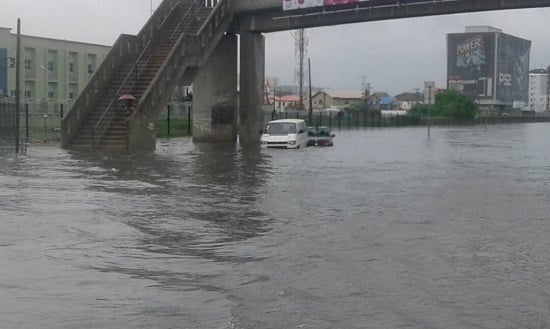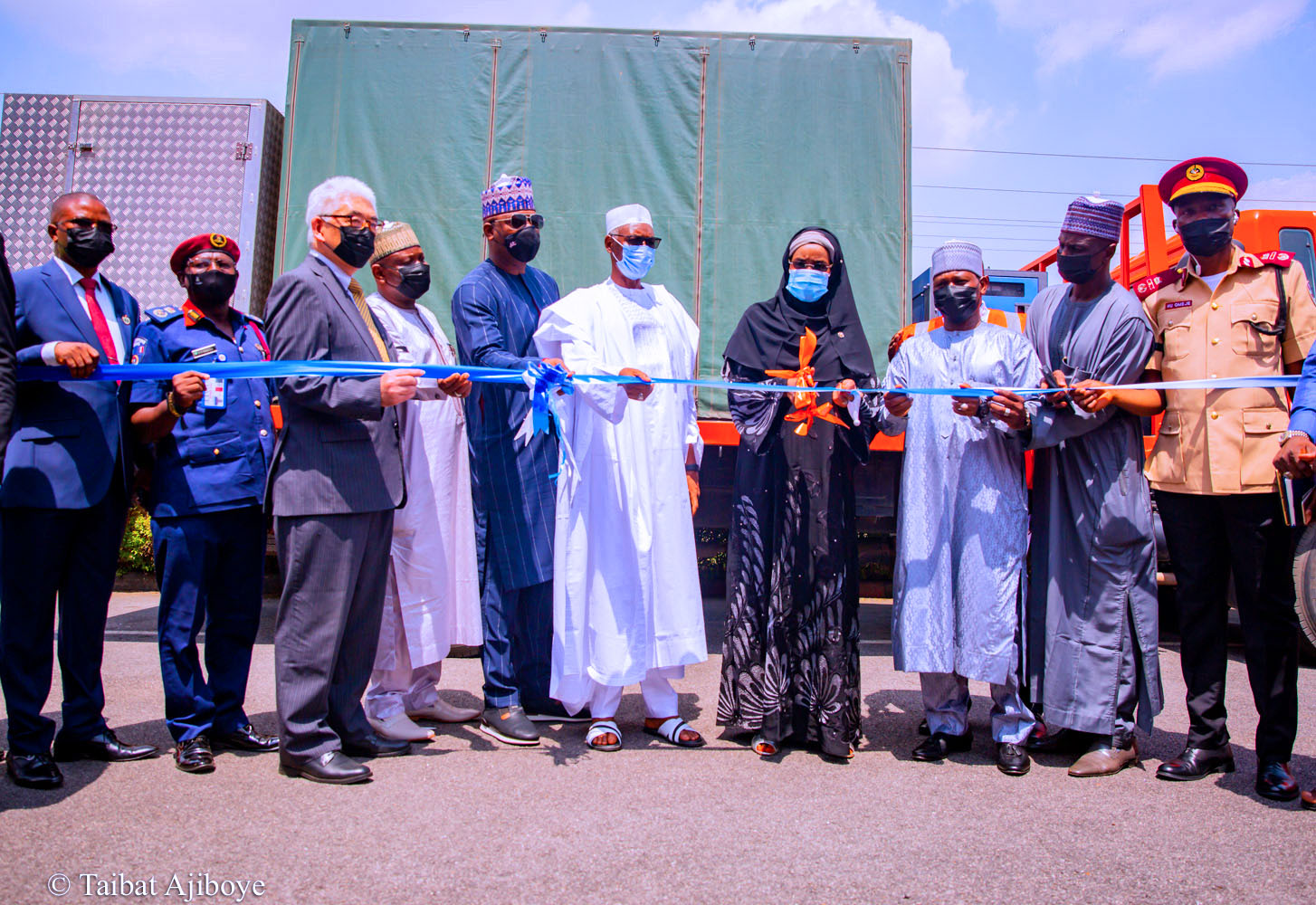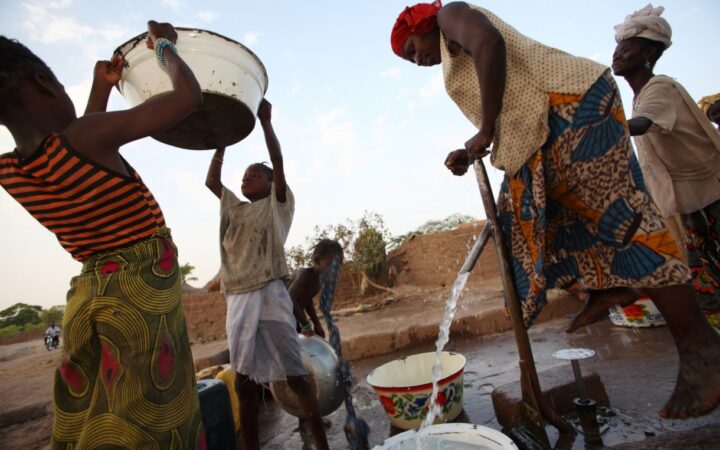Tinubu
President Bola Tinubu has called on world leaders to demonstrate unity, courage, and sustained commitment in addressing the worsening global climate crisis.
Tinubu spoke on Wednesday at a high-level virtual meeting hosted by António Guterres, United Nations (UN) secretary-general and Brazilian President Luiz Inácio Lula da Silva to accelerate global climate ambition ahead of COP30, to be held in Brazil in November.
The meeting had in attendance leaders from 17 countries, including China, the European Union (EU), and key regional blocs like the African Union (AU) and the Alliance of Small Island States.
Tinubu, who reaffirmed Nigeria’s commitment to accelerating climate action, noted that the country’s energy transition plan (ETP) is a bold strategy for attaining net-zero emissions by 2060.
Advertisement
He noted that the ETP, which focuses on five key sectors—power, cooking, transportation, oil and gas, and industry—requires an investment of $410 billion by 2060 to meet its objectives.
“The global climate emergency demands our collective, courageous, and sustained leadership. For Nigeria, the urgency of this moment is clear: we view climate action not as a cost to development, but as a strategic imperative,” Tinubu said.
“We are, therefore, in the process of aligning our regulatory environment, fiscal incentives, and institutional frameworks to ensure that energy access, decarbonisation, and economic competitiveness proceed in lockstep. We are also taking leadership on energy access.”
Advertisement
He noted that Nigeria finalised its carbon market activation policy in March, which is expected to unlock up to $2.5 billion by 2030.
The president added that the country is in the process of updating its nationally determined contributions (NDCs) in line with the UN framework convention on climate change (UNFCCC), with a comprehensive revision set to be presented by September.
“We are working to position Nigeria as a premier destination for climate-smart investment through the development of a global climate change investment fund, which will serve as a platform to blend public and private capital, de-risk green infrastructure, and finance clean energy solutions at scale,” he added.
“These partnerships are a shining example of the value of multilateral cooperation in climate delivery. We are prepared to collaborate, lead, and deliver — because we understand that the time for climate action is not tomorrow; it is now.”
Advertisement
‘WE MUST NOT LET UP ON CLIMATE ACTION’
Speaking shortly after the meeting, Guterres called on world leaders to intensify climate action and ensure a just transition while providing support for developing countries.
The UN chief emphasised the challenges of the escalating climate crisis and the economic opportunities presented by the clean energy transition, noting that the “shift towards renewables is irreversible”.
“Renewables are the economic opportunity of the century. Dissenters and fossil fuel interests may try to stand in the way,” Guterres said.
Advertisement
“But as we heard today, the world is moving forward. Full speed ahead. No group or government can stop the clean energy revolution.
“As today’s meeting made clear, we cannot, must not, and will not let up on climate action.”
Advertisement
He urged countries to submit more ambitious NDCs that align with the 1.5°C temperature goal and outline clear strategies for transitioning away from fossil fuels.
Guterres also urged developed countries to honour their pledge to double adaptation finance to at least $40 billion annually by the end of 2025 and to mobilise $1.3 trillion each year by 2035 to support climate action in developing nations.
Advertisement
“Today, I urged leaders to take action on two fronts. First — to step up efforts to submit the strongest possible national climate plans well ahead of COP30,” he said.
“Second — as leaders turbocharge their own transitions, I urged them to scale up support for developing countries. Those least responsible for climate change are suffering from its worst effects.”
Advertisement







